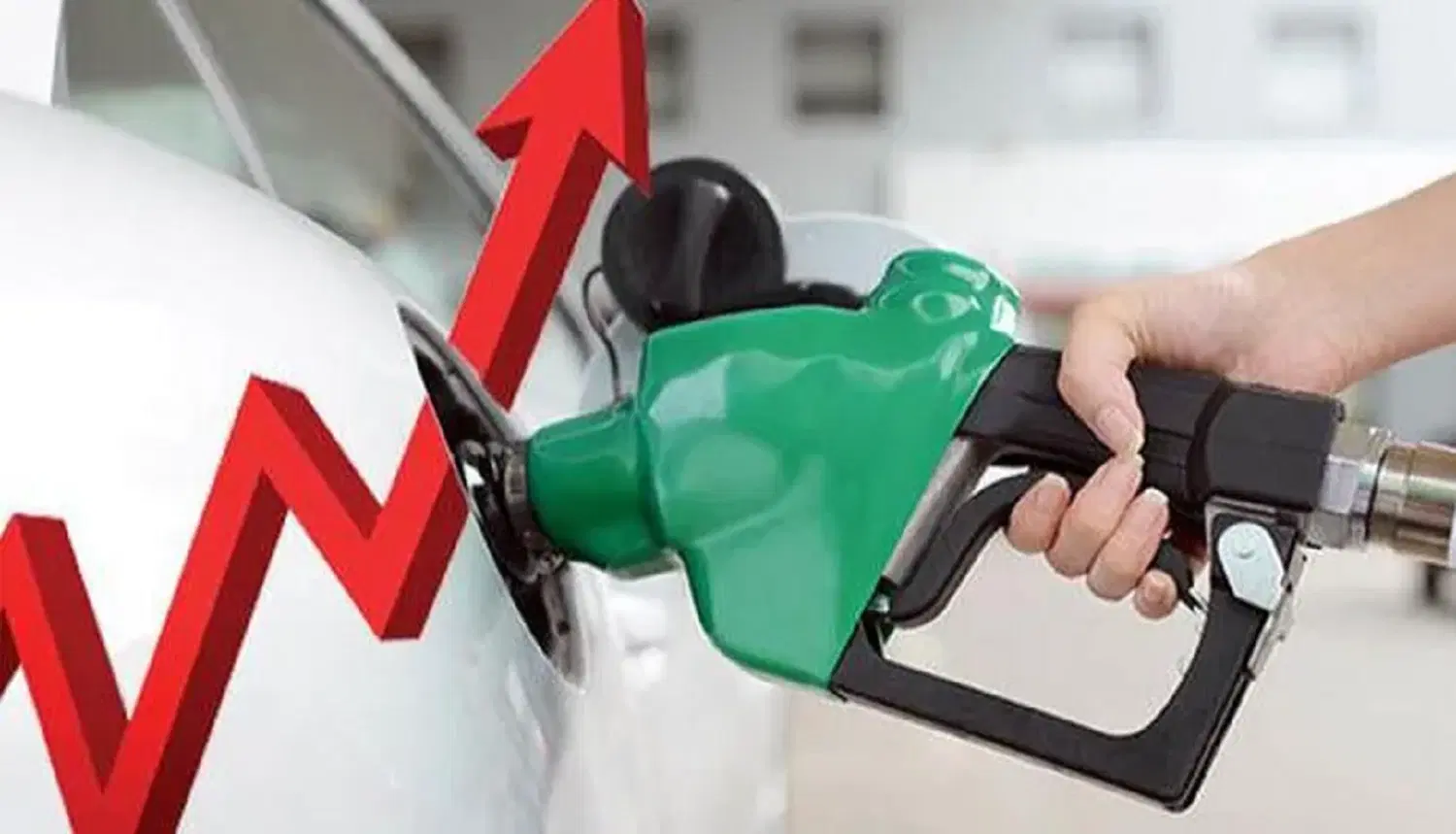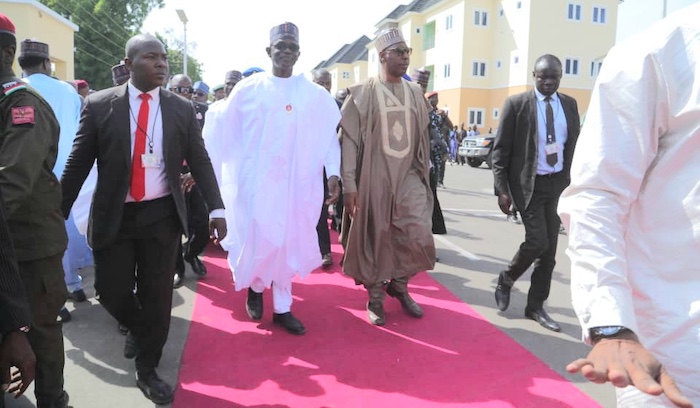
The Obidient Movement has strongly condemned the Federal Government’s proposed 5% fuel surcharge, warning that the policy would only exacerbate the hardship already faced by millions of Nigerians grappling with economic instability.
The group’s reaction follows recent remarks by Taiwo Oyedele, Chairman of the Presidential Committee on Fiscal Policy and Tax Reforms, who disclosed that the surcharge is part of President Bola Tinubu’s broader tax reform agenda, aimed at funding road infrastructure and cutting logistics costs.
But the Obidient Movement, in a statement issued Tuesday and signed by its National Coordinator, Yunusa Tanko, described the proposal as a misguided policy that while possibly well-intentioned will ultimately inflict more pain on the country’s most vulnerable citizens.
“It’s a policy built on noble intentions but destined for misery,” the statement read.
Tanko lamented that Nigerians have been repeatedly told that new levies would transform the nation’s crumbling infrastructure. Instead, he said, corruption and mismanagement have robbed citizens of the benefits.
“For decades, Nigerians have heard the same promises—fuel levies will fix our roads, improve hospitals, and strengthen the economy,” Tanko said.
“But what have we seen? Trillions wasted, roads still in disrepair, transport costs through the roof, and growing poverty.”
He argued that fuel in Nigeria is not a luxury, but a necessity that powers transportation, trade, and daily survival for average citizens.
Calls for Alternative Revenue Measures
Rather than burden the public with another fuel-related tax, the movement urged the Tinubu administration to broaden the tax net, tax luxury consumption, and cut down on government waste.
“We’re not against development,” Tanko said. “But let’s start with progressive taxation, not policies that squeeze the poor while the elite remain untouched.”
The group also demanded that no new taxes especially on essential goods like fuel be implemented until there are strong accountability systems in place, including transparent budgeting, anti-corruption safeguards, and visible improvements in public services.
“We want roads, jobs, and economic growth. But not at the expense of our people’s basic dignity,” the statement added.
Fuel pricing remains one of the most politically sensitive issues in Nigeria. Despite being Africa’s top crude oil producer, the country still imports most of its refined petroleum products, leaving it vulnerable to global price shocks.
The removal of the fuel subsidy in May 2023, a bold move by President Tinubu, triggered a significant spike in pump prices, which in turn pushed up inflation, increased transportation costs, and worsened the cost-of-living crisis.
The proposed 5% fuel surcharge has emerged as a flashpoint in the broader debate over the government’s economic reforms.
Economic Reforms vs Public Backlash
Since taking office, President Tinubu has rolled out sweeping reforms including:
- Unifying the foreign exchange rate
- Scrapping the fuel subsidy
- Harmonising tax policies to improve revenue
While the administration argues these steps are essential to reduce reliance on debt and stabilise the economy, many Nigerians say the short-term impact has been devastating.
Public frustration is rising in the face of high inflation, insecurity, youth unemployment, and growing inequality.
The Obidient Movement has joined a growing chorus of voices urging the Federal Government to rethink its tax approach and prioritize economic justice, transparency, and inclusive growth.



